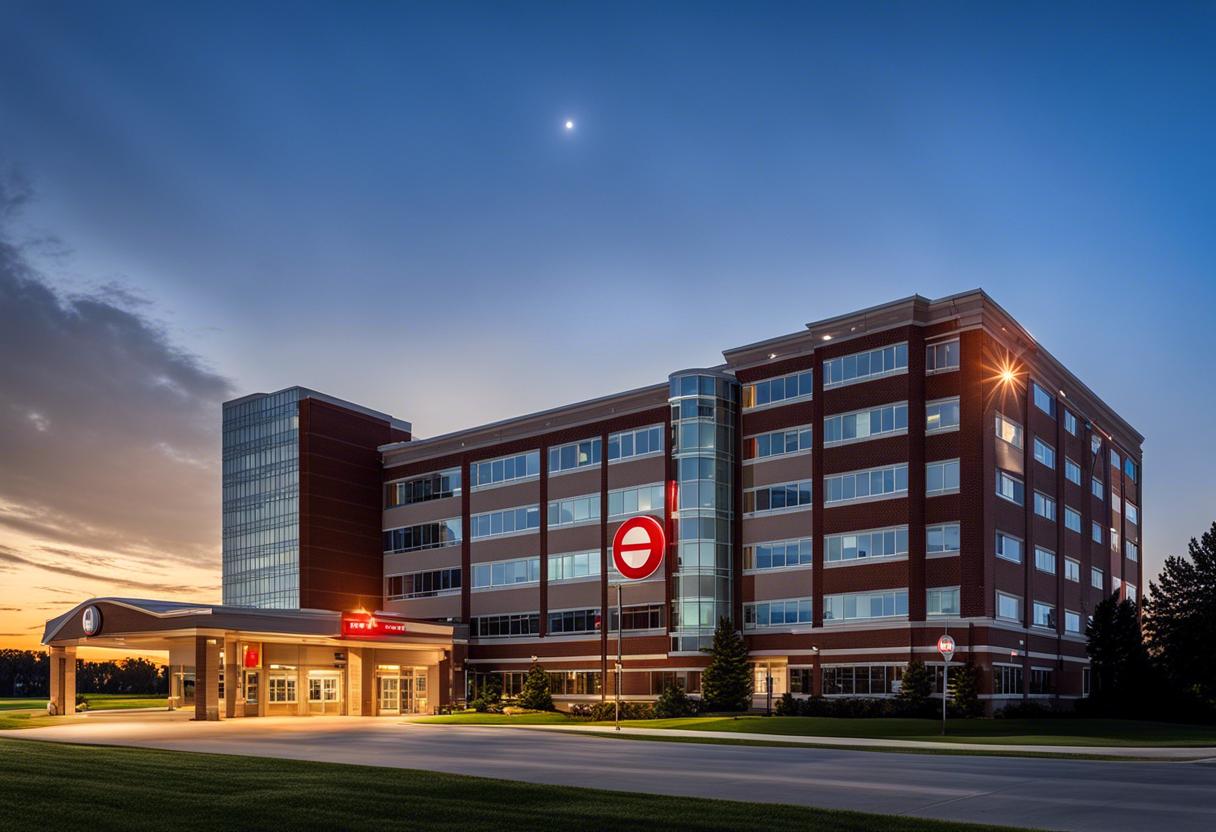The overhaul of Accident and Emergency provisions in the regions of Clare, Limerick, and Tipperary was executed incorrectly, according to Stephen Donnelly, the Minister for Health, in response to a query regarding the conclusion of the investigation into Aoife Johnston’s (16) death at Limerick Hospital’s A&E in December 2022.
Post the 2009 downgrade of Nenagh, St. John’s (Limerick) and Ennis hospitals, a single Emergency Department (ED) has catered to the needs of the three counties.
Reportedly, the A&E facilities within the area were terminated ahead of the necessary substantial investment into University Hospital Limerick (UHL) mentioned by Mr Donnelly. According to his assertion, the three hospitals, where the EDs were shutdown, could not meet the required specialisation level required for patient care due to their limited capacity.
Indeed, he asked Health Service Executive (HSE) for a reassessment, acknowledging the regional inhabitants’ belief in the need for an additional ED. “In recent times, I requested an up-to-date perspective from the HSE as there is a pressing demand for another ED facility, likely in Ennis or somewhere else,” he commented.
Aoife Johnston tragically passed away at UHL due to purulent meningitis, after presenting at the hospital’s massively overcrowded ED, two days prior with a speculated sepsis. The court was informed about her arrival at the already overcrowded ED on a Saturday evening.
Dr James Gray, consultant in Emergency Medicine, who was on call, at the inquest labelled UHL’s ED as a potential risk for fatalities because of its crowded condition. Despite being marked as a high-priority patient who needed medical attention within 10 to 15 minutes of her arrival on the night of December 17, Ms Johnston was not able to receive the crucial antibiotics until after 7 a.m. on December 18. “Aoife Johnston stood no chance,” Dr Grey declared at the inquest.
“Mr Donnelly expressed his surprise at the evidence presented,” he stated. “His associates, he’s aware, have been publicly stating that conditions have greatly improved and are considerably safer since Aoife Johnston’s unfortunate demise.”
In Athlone, while in conversation with the press on Saturday, Mr Donnely asserted unwaveringly that the continual high demand for trolleys in UHL is neither acceptable nor safe.
More funding has been injected into this hospital than any other in Ireland since 2016, he explained, adding that during the tenure of the current government, there has been a significant surge in staff recruitment.
Despite such efforts, he acknowledged that patient numbers using trolleys persistently rise while they are steadily dropping in other hospitals. The Minister remarked on the influx of people arriving at all Emergency Departments, including UHL, wondering, “what’s happening?”
The healthcare team in the UHL is devoted, he asserted, but morale is low, and the distressing revelations during Johnston’s inquest have been hard to bear.
Scheduling practices for late nights and weekends in UHL’s ED, established following Ms Johnston’s passing, Mr Donnelly argues, should have been standard before her death, as they were in other hospitals. He also added that other vital reforms are still pending and emphasised “the urgent need for clinical and administrative leadership.”
The hospital prides itself on its committed health professionals, he said. However, what is needed now is for UHL’s senior management to effectively manage the discharge and patient flow system, replicating what is known to work in other hospitals.
The Minister also raised the issue of there being only one ED in the region. He stated that this “must be subjected to continual monitoring.”

